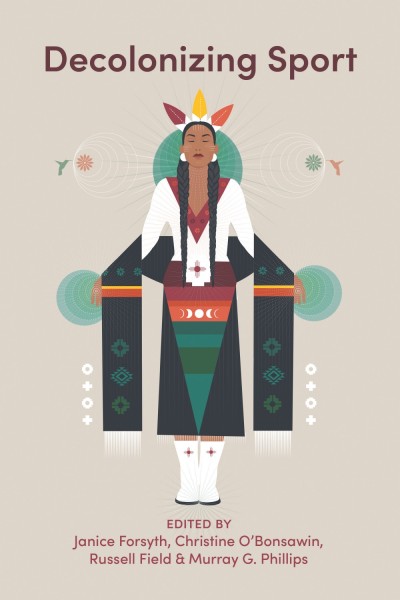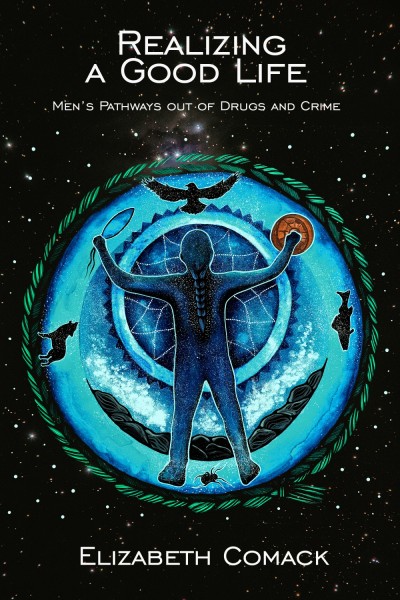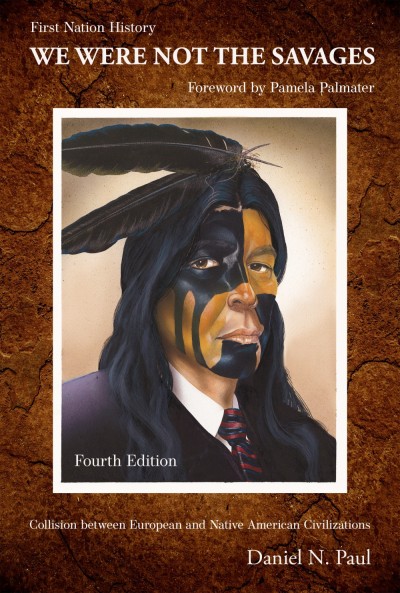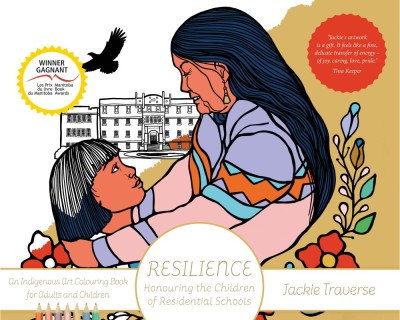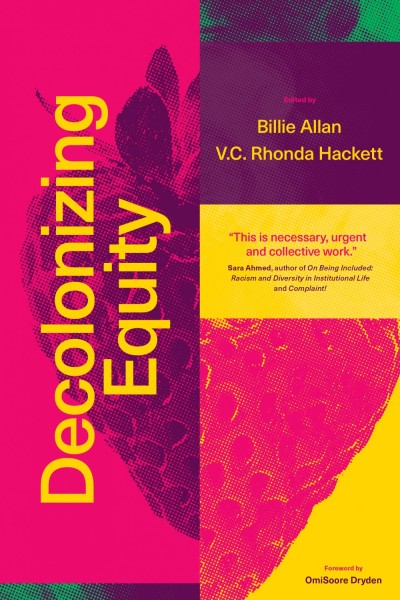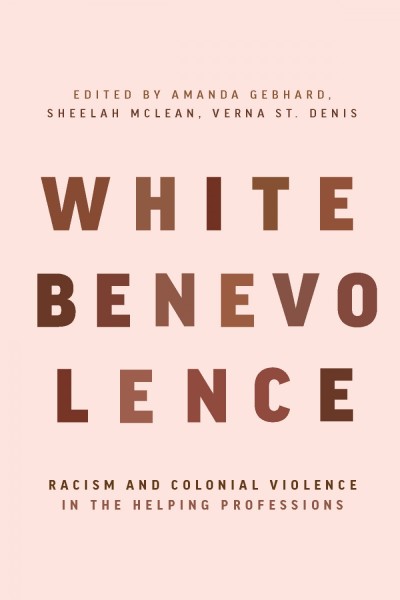
Reconciliation in Practice
A Cross-Cultural Perspective
This book reminds us that reconciliation is an ongoing process, not an event, and that decolonizing our relationships and building new ones based on understanding and respect is empowering for all of us — Indigenous, settler, immigrant and refugee alike.
About the book
In 2015, the Truth and Reconciliation Commission released a report designed to facilitate reconciliation between the Canadian state and Indigenous Peoples. Its call to honour treaty relationships reminds us that we are all treaty people — including immigrants and refugees living in Canada. The contributors to this volume, many of whom are themselves immigrants and refugees, take up the challenge of imagining what it means for immigrants and refugees to live as treaty people. Through essays, personal reflections and poetry, the authors explore what reconciliation is and what it means to live in relationship with Indigenous Peoples.
Speaking from their personal experience — whether from the education and health care systems, through research and a community garden, or from experiences of discrimination and marginalization — contributors share their stories of what reconciliation means in practice. They write about building respectful relationships with Indigenous Peoples, respecting Indigenous Treaties, decolonizing our ways of knowing and acting, learning the role of colonized education processes, protecting our land and environment, creating food security and creating an intercultural space for social interactions.
Perhaps most importantly, Reconciliation in Practice reminds us that reconciliation is an ongoing process, not an event, and that decolonizing our relationships and building new ones based on understanding and respect is empowering for all of us — Indigenous, settler, immigrant and refugee alike.
Contents
- Acknowledgements
- Contributors
- Part One: Understanding Reconciliation
- Possibilities and Challenges in Reconciliation (Ranjan Datta)
- Letter to John A. MacDonald (First Prime Minister of Canada) (Chris Scribe)
- Sámi Reconciliation in Practice: A Long and Ongoing Process (Irja Seurujärvi-Kari and Pirjo Kristiina Virtanen)
- Reconciliation Through Decolonization: Returning to a First Nations Way of Life Through Art and Recognition of Land (Colleen J. Charles)
- Part Two: Taking Responsibility for Reconciliation
- Reconciliation As Ceremonial Responsibility: An Immigrant’s Story (Ranjan Datta)
- Reconciliation Through Transnational Literacies: An Immigrant Woman’s Transformative Learning Journey (Jebunnessa Chapola)
- Reconciliation and New Canadians (Ali Abukar)
- Integrating Indigenous Knowledge in Practice and Research: A New Way Forward for the Immigrant Health Professionals (Farzana Ali)
- Reconciliation Via Building Respectful Relationships in Indigenous Research (Valerie Onyinyechi Umaefulam)
- Reconciliation: A White Settler Learning From the Land (Janet McVittie)
- Holes and Grey (Khodi Dill)
- Conclusion (Ranjan Datta)
- References
- Index




